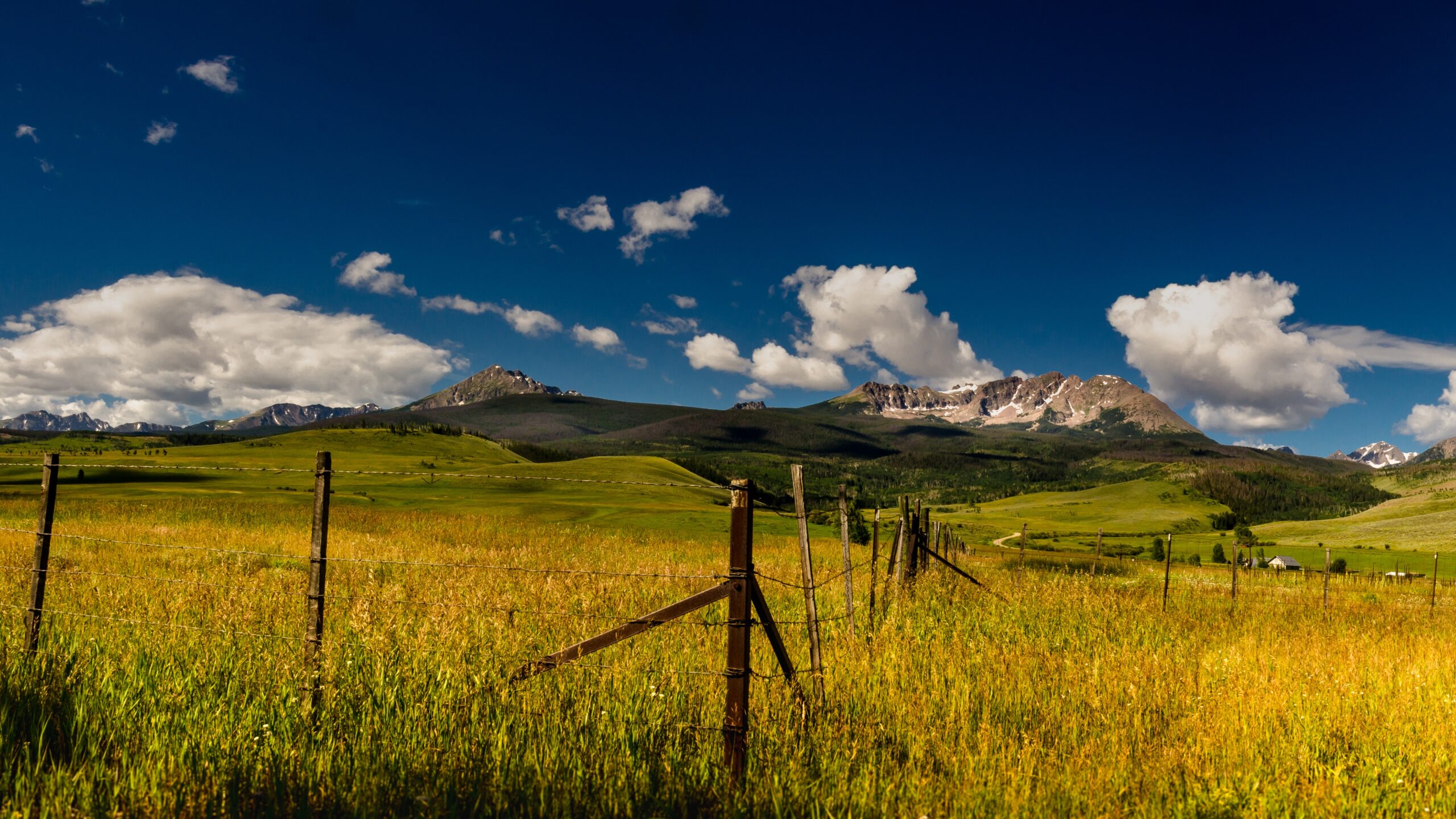Access is good. We all want it. Whether to a favorite peak, hunting spot, or fishing hole, Montanans are mobilizing to enhance access, often to or through private lands.
But there’s a right and a wrong way to pursue access to private lands. One way is by building trust with landowners, respecting property rights, and finding solutions that leave everyone better off. Another is by trying to force landowners to provide access, which creates conflict and distrust that can undermine the cause.
The contrast between these two approaches is on full display in southwestern Montana. In one case, a Bozeman entrepreneur has launched an innovative platform to enhance access through voluntary exchange. In another, a coalition of access advocates is suing in an attempt to force landowners to provide access. One is pragmatic and deserves support; the other is acrimonious and counterproductive.
First, consider the legal dispute. Earlier this year, several groups sued the U.S. Forest Service for “failing to protect and defend public access rights” in the Crazy Mountains, a checkerboarded region known for its access challenges. The coalition—which includes Friends of the Crazy Mountains, Enhancing Montana’s Wildlife Habitat, Skyline Sportsmen, and the Montana chapter of Backcountry Hunters & Anglers—wants the agency to assert public access rights through several properties adjacent to the mountain range, despite the lack of a formal easement.
The coalition claims there are, or should be, prescriptive easements to access these properties based on historic use. Prescriptive easements are alluring to some access advocates, and it’s easy to see why: Landowners who may have previously allowed people to access public lands through their properties—or, in an act of neighborliness, did not actively exclude people—could be subject to a prescriptive easement claim, even if no recorded easement exists.
But this approach is ultimately counterproductive. It creates conflict and gives landowners ample reasons to deny public access. After all, the message to other landowners is clear: If you allow access or don’t aggressively assert your property rights, you could forfeit your ability to exclude the public. The result, not surprisingly, is more “no-trespassing” signs, distrust, and disincentives for neighborliness.
Contrast that approach with LandTrust, a Bozeman-based startup that launched this month. LandTrust is an online sharing-economy platform for private land access. It’s like Airbnb, but for hunting and fishing on private lands.
The platform works as follows: Landowners list their property, set prices, and establish rules for access. Hunters and anglers can then request daily bookings. Users are pre-verified and must have a credit card on file. Dual rating systems build trust, ensure accountability, and weed out rule-breakers. No more strangers knocking on doors, and no more bad apples ruining access for everyone.
LandTrust solves several key access challenges. It connects suppliers and demanders, creates an easy way to manage access, and even provides landowners with liability insurance. Landowners can also use the platform to list and manage walk-in access to “landlocked” public parcels, such as those found in the Crazies. Properties are already listed in Montana and across the country at landtrust.com.
The Forest Service has also recently sought to enhance public access in the region by working cooperatively with landowners, not against them. In August, the agency asked a judge to dismiss the coalition’s lawsuit over access in the Crazies, arguing that no laws force it “to vindicate public access via litigation, rather than negotiation.” The agency also worked with landowners on the now-completed Porcupine Ibex trail reroute on the western side of the range and a newly proposed land exchange that would consolidate public landholdings and increase access on the southern side.
Yet some seem determined to ensure such cooperative efforts fail. The coalition that sued the Forest Service over access to the Crazies also sought an injunction to stop construction of the Porcupine Ibex trail. Thankfully, a judge denied the coalition’s request.
Access advocates have a choice: They can pursue litigation, or they can work with landowners to enhance access. But they can’t have it both ways. The litigation approach erodes trust and undermines property rights, and without trust or secure property rights, entrepreneurial solutions like LandTrust won’t work.
The LandTrust model won’t solve every challenge, but it represents a better path forward for enhancing access in Montana—through negotiation, not litigation.




